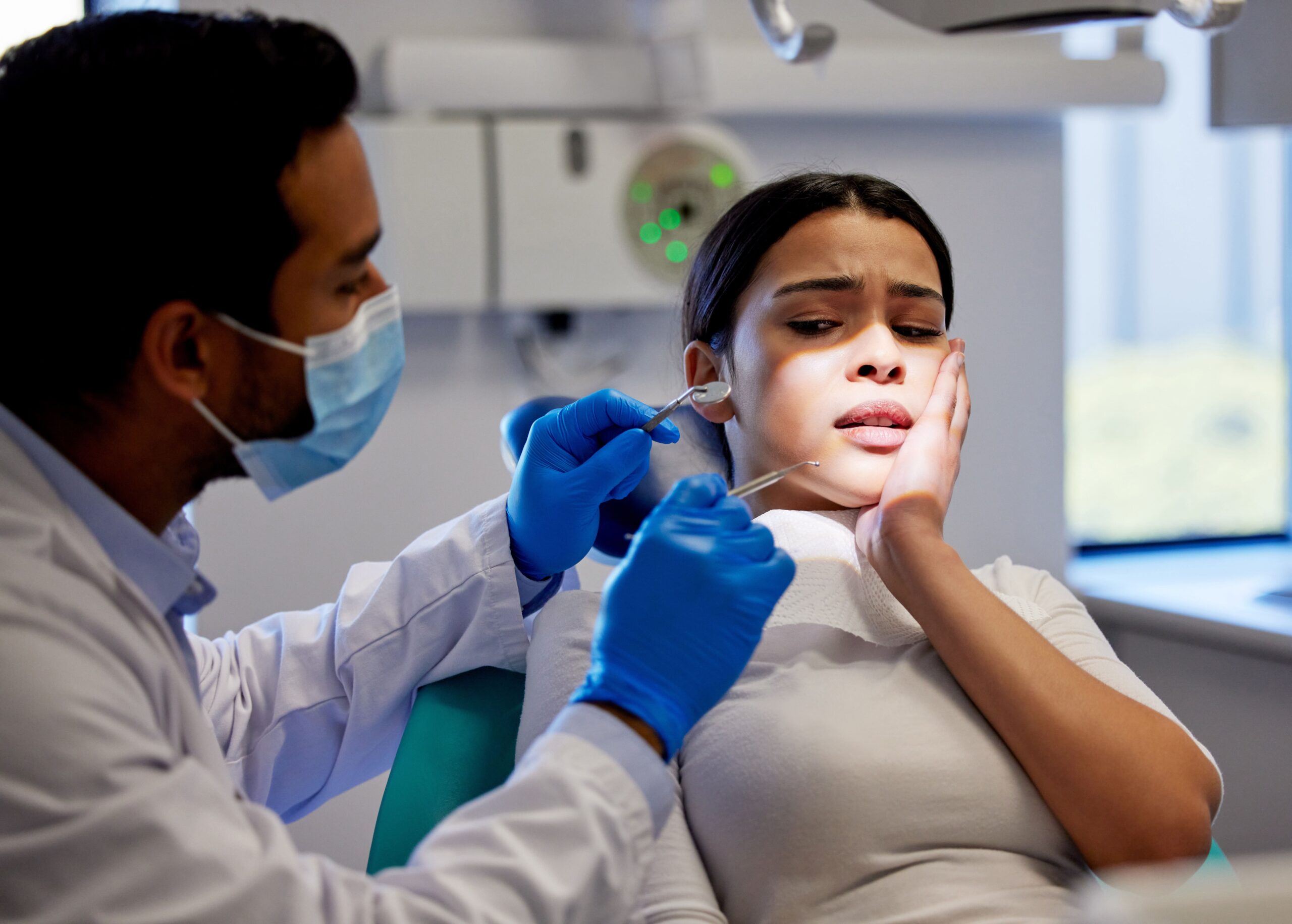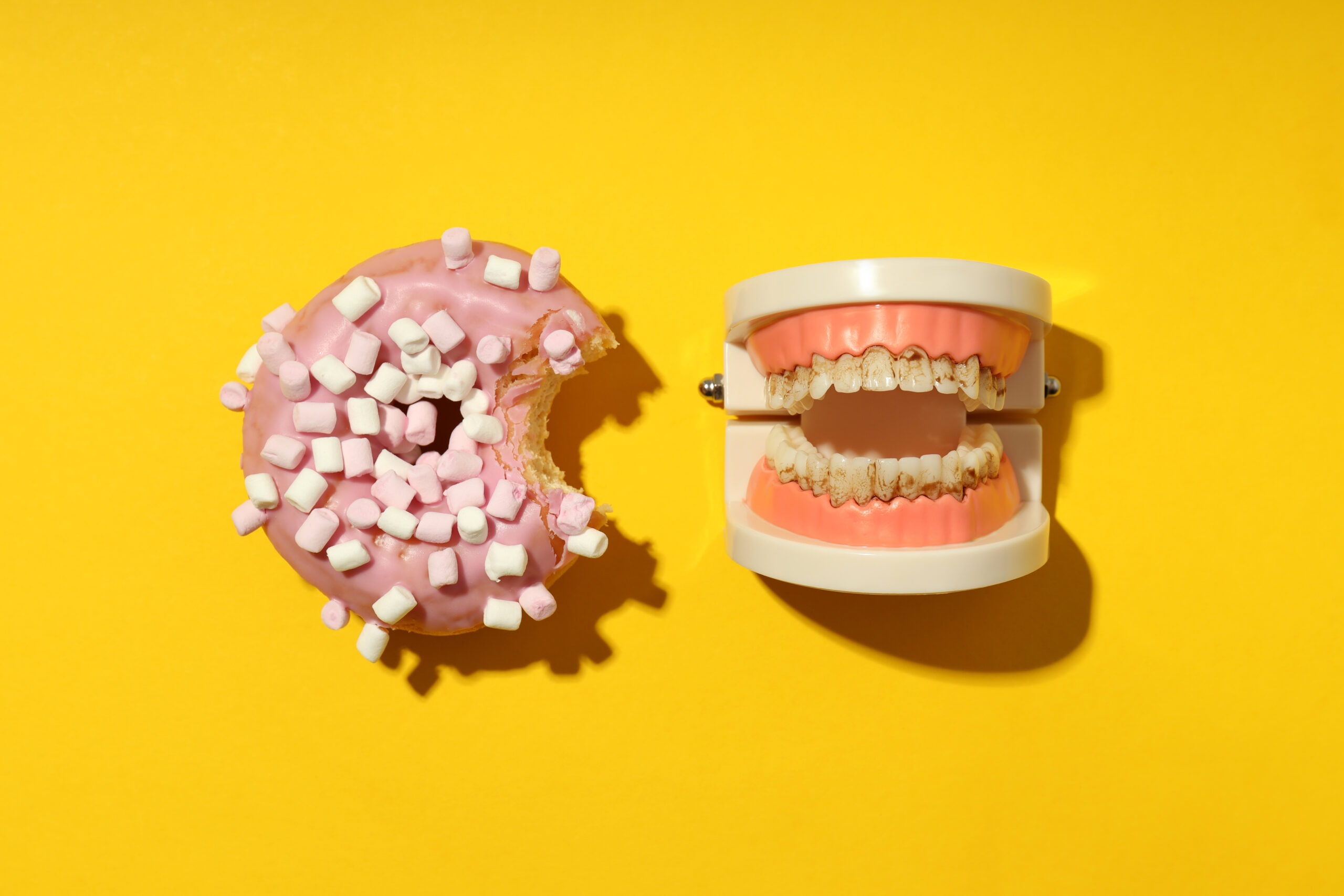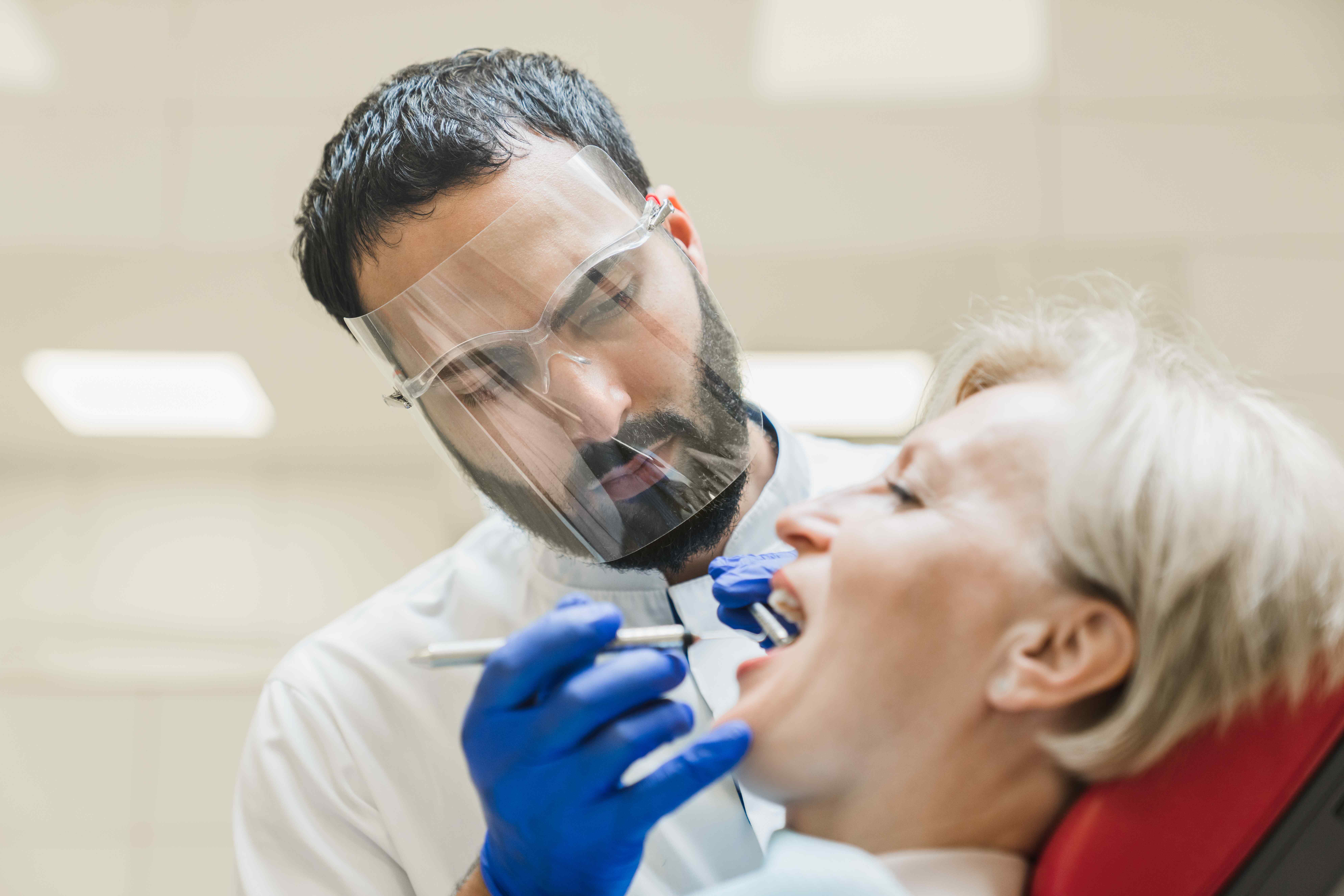Tooth decay is one of the most common chronic health issues worldwide, affecting individuals of…

Navigating Dental Emergencies: From Vacation Mishaps to Back-Home Checkups
Summer vacations are a time for relaxation, adventure, and creating lasting memories. Yet, amidst the excitement, it’s crucial to be prepared for any situation, including dental emergencies. Whether you’re enjoying local food or going on a hike, unexpected dental problems can happen and ruin your fun.
This article is a complete guide on handling dental emergencies while on vacation. It includes what to do immediately, how to find a local dentist, and why it’s important to see your regular dentist at the Center for Restorative, Cosmetic, and Implant Dentistry (CRCID)when you get back home.
Dealing with dental emergencies can be stressful, but knowing what to do can turn a potential vacation disaster into something manageable. By staying informed and prepared, you can make sure that your family’s vacation stays enjoyable and stress-free.
Common Dental Emergencies During Vacation
Going on vacation is an exciting time to relax and explore new places. However, dental emergencies can happen at any time, even when you’re away from home.
Toothaches: The Uninvited Travel Companion
Toothaches can strike at the most inconvenient times, and vacations are no exception. Imagine you’re enjoying a scenic beachside meal when suddenly, an unexpected sharp pain shoots through your mouth. The culprit? A toothache.
Several factors can lead to toothaches during your travels:
Sudden Temperature Changes: Switching between hot outdoor weather and cold air-conditioned environments can cause teeth to expand and contract. This fluctuation sometimes leads to small cracks or exacerbates existing dental issues.
Indulgent Meals: Vacation often means indulging in local cuisines, which might include sticky or hard foods that can get lodged between teeth or aggravate sensitive areas.
Altitude Changes: Flying or traveling to high-altitude destinations can cause pressure changes that might affect sinuses and indirectly lead to tooth discomfort.
Neglected Pre-Trip Dental Care: It’s easy to forget about that minor tooth sensitivity when planning a trip. Unfortunately, what starts as a small issue can develop into a full-blown ache if left untreated.
While dealing with a toothache on vacation is less than ideal, there are steps you can take to manage the pain until you can see a dentist:
- Over-the-counter pain relievers: Medications like ibuprofen or acetaminophen can help alleviate pain temporarily.
- Warm saltwater rinse: Mix half a teaspoon of salt in warm water and rinse your mouth to reduce inflammation and clean the affected area.
- Cold compress: Apply a cold pack to your cheek near the painful area to numb the pain and reduce swelling.
- Avoid certain foods: Stick to soft foods and avoid anything too hot, cold, or sugary that might worsen the pain.
If the pain is manageable with over-the-counter pain relievers and does not interfere with daily activities, it might be safe to wait until you return home. However, intense, throbbing pain that doesn’t subside with medication could indicate an infection or abscess and requires immediate attention.
Dental emergencies like toothaches don’t have to ruin your holiday plans. Being prepared with some basic remedies ensures you’re ready for any unexpected dental hiccup that comes your way.
Dealing with Dental Trauma: Broken or Chipped Teeth
Adventurous activities like hiking, sports, or simply enjoying a fun day at the beach can sometimes lead to unexpected dental emergencies. A sudden fall or an accidental collision can result in a broken or chipped tooth, turning a memorable trip into a stressful situation.
It’s essential to recognize these risk factors and take preventive measures where possible. Wearing mouthguards during sports and being cautious in high-risk areas can help mitigate the chances of encountering such dental issues.
If there are no sharp edges causing irritation and the damage is minor, temporary measures like dental wax can provide comfort until you see your regular dentist. But large missing pieces of the tooth or severe cracks can expose nerve endings, leading to pain and potential infection. In this case, you should seek emergency dental care right away.
Out of Place: Managing Knocked-Out Teeth Away From Home
Accidents such as falls or collisions can happen at any time, and when on vacation, these mishaps may lead to a tooth being knocked out. This type of dental emergency requires immediate attention to increase the chances of saving the tooth.
If possible, find the tooth right away. Handle it carefully by the crown (the part visible in the mouth), avoiding touching the root. If the tooth is dirty, rinse it with saline solution or milk; avoid scrubbing it or using soap. Try to reinsert the tooth into its socket gently. Hold it in place by biting down on a clean cloth or gauze. If reinsertion is not possible, keep the tooth moist by placing it in a container with milk, saline solution, or an emergency tooth preservation kit.
Contact a local dentist urgently to improve the likelihood of successful reimplantation. Use resources like hotel staff recommendations or online directories to find nearby emergency dental services.
Finding Dental Care During Your Getaway
When a dental emergency strikes during your vacation, finding prompt and reliable care is crucial. There are some effective strategies to help you locate an emergency dentist while traveling.
For example, hotel staff can be invaluable when seeking local medical assistance. They often have a list of trusted healthcare providers, including emergency dentists, who they recommend to guests.
In addition, there are several online platforms can help you find reputable emergency dental care in your area. Google Maps, Yelp, and Zocdoc are all great resources to help you find a local dentist for help. Look for dentists with positive reviews and high ratings to ensure quality care. Also, check websites of national or international dental associations for lists of accredited dentists in the area you’re visiting. Organizations like the American Dental Association (ADA) or International Association for Dental Research (IADR) offer resources that can guide you. Social media can also be a goldmine for information.
If you have travel insurance, your provider can assist in locating a qualified emergency dentist. They typically have partnerships with healthcare services worldwide and can recommend practitioners covered under your policy.
You can also seek help from local pharmacists, who are well-acquainted with local healthcare professionals and can often recommend a nearby emergency dentist. They may also provide temporary solutions to alleviate pain until you receive professional treatment.
If you’re traveling abroad, you want to be sure you can communicate. Using translation apps such as Google Translate can bridge communication gaps if language is a barrier during your visit to an emergency dentist.
Finding reliable emergency dental care while traveling doesn’t have to be daunting. With these tips, you’re better equipped to handle unexpected dental issues confidently, ensuring that a toothache doesn’t ruin your well-deserved vacation!
The Role of Your Regular Dentist: Seeking Follow-Up Treatment
Experiencing a dental emergency while on vacation can be daunting, but addressing the immediate issue is only part of the solution. Ensuring proper healing and preventing further complications require follow-up treatment with your regular dentist at the Center for Restorative, Cosmetic, and Implant Dentistry (CRCID) once you return home.
Initially, the primary goal during a dental emergency is to alleviate pain and provide temporary solutions. However, these measures may not fully address underlying problems or potential complications. Follow-up visits are crucial as they allow your dentist to:
- Check healing progress: Your CRCID dentist will examine the affected area to ensure it is healing correctly. This is especially important for injuries like knocked-out teeth or broken teeth, where improper healing can lead to long-term issues.
- Detect hidden issues: Some dental problems might not be immediately apparent during an emergency visit. A thorough examination by your CRCID dentist can reveal underlying issues such as infections, additional fractures, or damage to surrounding teeth and gums.
The Importance of Regular Dental Care in Preventing Emergencies
Regular dental visits to CRCID play a pivotal role in maintaining oral health and preventing emergencies. Routine checkups and cleanings help identify potential problems before they escalate into emergencies. Your CRCID dentist understands your dental history and needs, enabling personalized care tailored to your situation. Ongoing monitoring ensures any post-emergency treatments are effective and that your overall dental health remains optimal.
Maintaining a consistent oral care routine is the cornerstone of long-term dental health. While immediate care during a dental emergency is vital, follow-up treatment dental emergency equally matters for comprehensive recovery and prevention. Regular checkups with your dentist ensure that any underlying issues are detected early, preventing them from escalating into more serious conditions.
Enjoying a vacation with peace of mind is easier when you are prepared to handle dental emergencies. Unexpected situations can arise, but taking prompt action can make all the difference in ensuring a positive outcome. By following these guidelines, you’re well-equipped to manage dental emergencies, ensuring a smoother and more enjoyable vacation experience.
Our caring team at the Center for Restorative, Cosmetic, and Implant Dentistry is here to serve patients in the Chesapeake and Virginia Beach, VA areas. Contact us today to make an appointment for a consultation. Your dental health and bright smile are our priorities!


